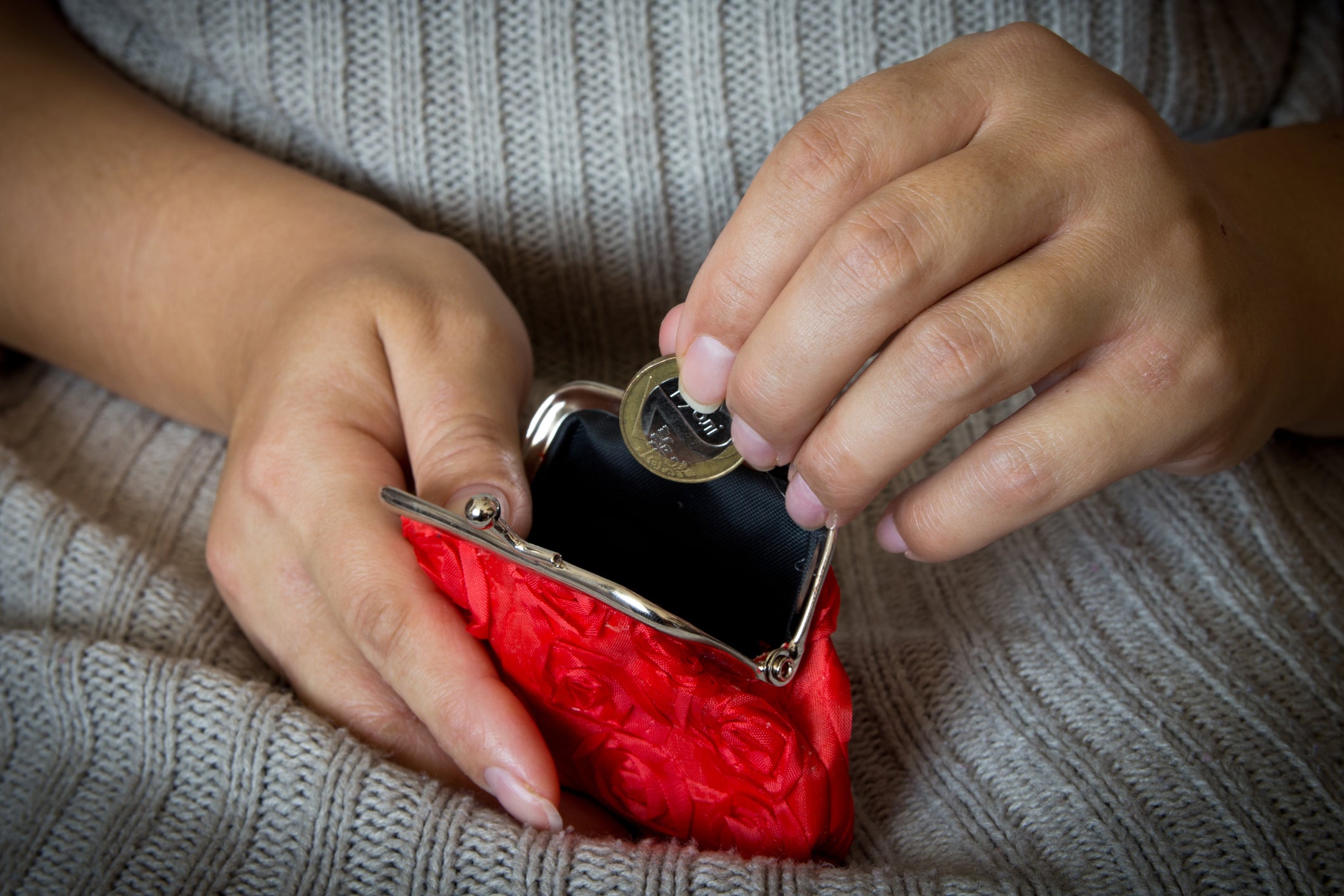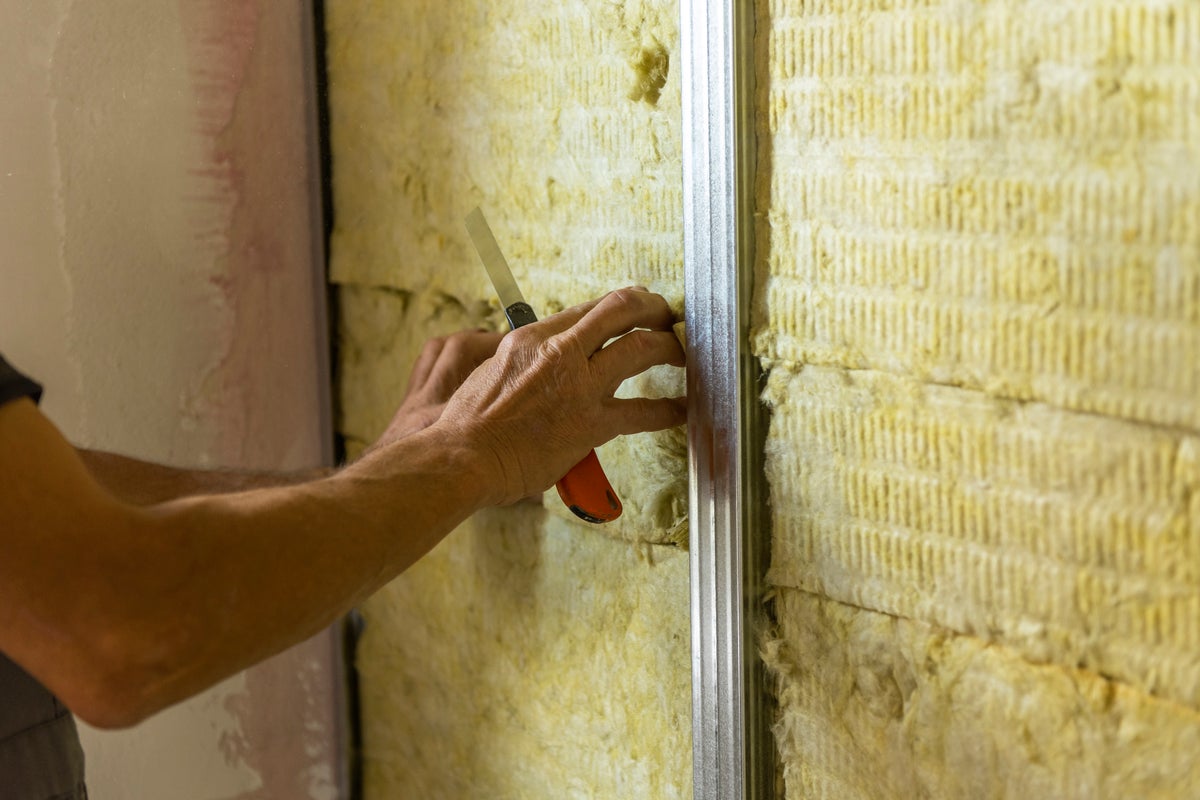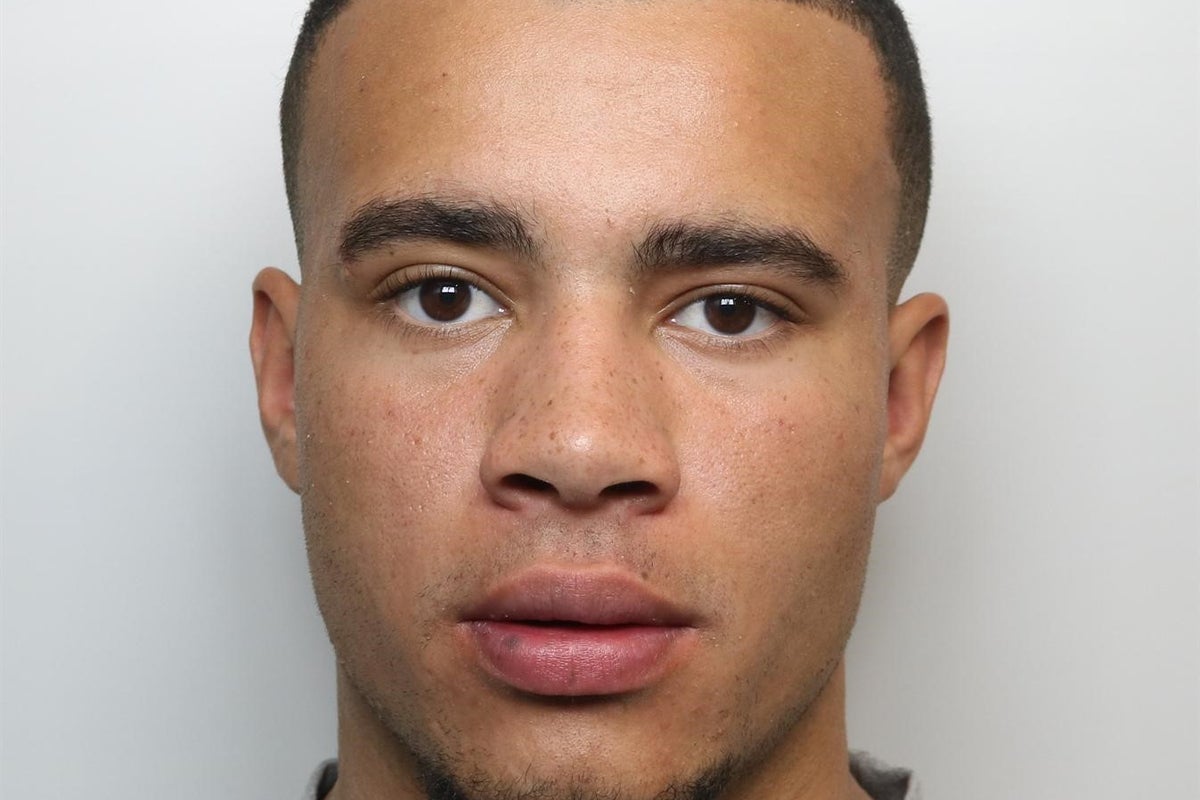Saving money is rarely easy, especially when prices for rent, energy and food keep climbing.
A “f*** off fund” goes beyond the usual emergency pot; it isn’t there to cover car repairs or broken boilers, but to give you the freedom to walk away.
It’s money set aside for your independence - savings that let you leave a job that’s harming your health, a relationship that makes you feel unsafe, or any situation where a lack of cash might otherwise keep you trapped.
Here’s why women in particular benefit from having a f*** off fund, how much to aim for and, importantly, where to keep it.
A safety net with a different purpose
“An emergency fund keeps you afloat when life throws a curveball,” says financial planner Rowan Harding, of Path Financial. “A f*** off fund gives you the power to make choices. It enables you to leave a situation that isn’t good for your wellbeing, at work, at home or anywhere else.”
The need is especially critical for women. A recent OnePoll survey found average rainy-day savings is £7,463 for women, compared with £8,771 for men.
Government analysis puts the private pension gender gap at around 48 per cent for people approaching retirement. And MoneyShe reports that more than 75 per cent of women are not confident they can afford a comfortable retirement, while roughly one in three feel trapped in a relationship due to a lack of financial independence.
“These aren’t luxuries,” Harding says. “A back-up fund gives women independence, dignity and freedom, should it be needed.”

How much should you aim for?
Start with the essentials. “Aim for at least three to six months of expenditure for a ‘normal’ emergency fund,” says Harding. “Keep this ring-fenced in readily accessible cash.
“And for a f*** off fund, the same rule applies, but it can vary. Those who are self-employed or on short-term contracts should consider six to twelve months.”
Get a free fractional share worth up to £100.
Capital at risk.
Terms and conditions apply.
ADVERTISEMENT
Get a free fractional share worth up to £100.
Capital at risk.
Terms and conditions apply.
ADVERTISEMENT
As a guide, someone spending £2,000 a month on rent, bills and food would want at least £6,000 set aside, ideally nearer £12,000. For insecure work or if you have dependents, the eventual target may be double that.
Remember, you are saving for several months of costs, not earnings or income. If you earn £3,000 a month, you’re not aiming for three or six months of that figure.
“It’s not about a perfect number,” Harding says. “It’s about having enough to breathe and time to make your next move.”
Getting started when money is tight
The idea of saving thousands can feel daunting, but momentum matters more than perfection.

“Anything you can put aside will help,” says Harding. “Understand your budget and income. Work out what’s essential and what’s discretionary and could be reduced or stopped. Always move your affordable contribution into your ring-fenced savings as soon as you’re paid so it doesn’t get spent.”
Break the goal into milestones: for example the first £500, the first month’s rent, then £5,000.
Open a separate savings account to reduce temptation, and nickname the pot in your banking app (“Freedom Fund”, “Exit Pot”) to reinforce its purpose.
Where to keep it
“Any funds for emergency and f*** off savings should be kept in cash,” Harding advises - as in, cash in a bank account, not literal money under the mattress.
“This shelters them from market ups and downs. They are separate from long-term savings for future financial independence. Pensions and stocks and shares ISAs work very differently to cash savings.”
You can still align the money with your values. “You can choose to hold cash ethically so your money works hard for you and has a positive impact on people and planet, and isn’t linked to areas you might not wish to support, such as weapons for war, fossil fuels or environmentally damaging mining,” she adds.
Build in protection
A f*** off fund is a big part of having - and feeling - financial resilience. “Having a ‘Plan B’ or back-up plan for ‘just in case’ means you can have peace of mind that whatever happens, your financial situation will be okay,” says Harding.
“Insurance plans can also help. It’s best to seek financial advice to find the most suitable protection for your circumstances. You will still have the emotional aspect to deal with, but knowing you’re not reliant on anyone else financially can give you strength to face the challenges life throws at us.”
A f*** off fund won’t fix the systemic issues women face, such as lower pay, smaller pensions and career breaks, but it reduces the risks of financial dependence and buys time to make decisions on your terms.
However daunting the target may seem, the key is to start - and then to keep going.
When investing, your capital is at risk and you may get back less than invested. Past performance doesn’t guarantee future results.

.jpeg)

















.jpeg)













 English (US) ·
English (US) ·